The Academy of Motion Picture Arts and Science came under rightful fire in 2015 for its lack of diversity in all four acting categories, thus birthing the #OscarsSoWhite movement created by media strategist and diversity advocate April Reign.
It’s been nine years since the viral moment went down, and the categories have become a bit more colorful in aesthetic with several historic moments taking place, including Michelle Yeoh’s win in 2023 for Best Actress, making her the first Asian-identifying woman and only the second person of color to win that category.
The veteran Hollywood star joins an unfortunately small group of BIPOC entertainers who’ve taken home the prestigious Academy Award in a competitive category. Check them out below.
Merle Oberon
Merle Oberon, an actress of Anglo-Indian descent, was technically the first Asian woman to win an Academy Award, winning in 1936 in the Best Actress category for Dark Angel (1935). Oberon’s ethnicity, however, was concealed for much of her career and was passed off as white, in order to prevent the actress from industry racism.
Hattie McDaniel
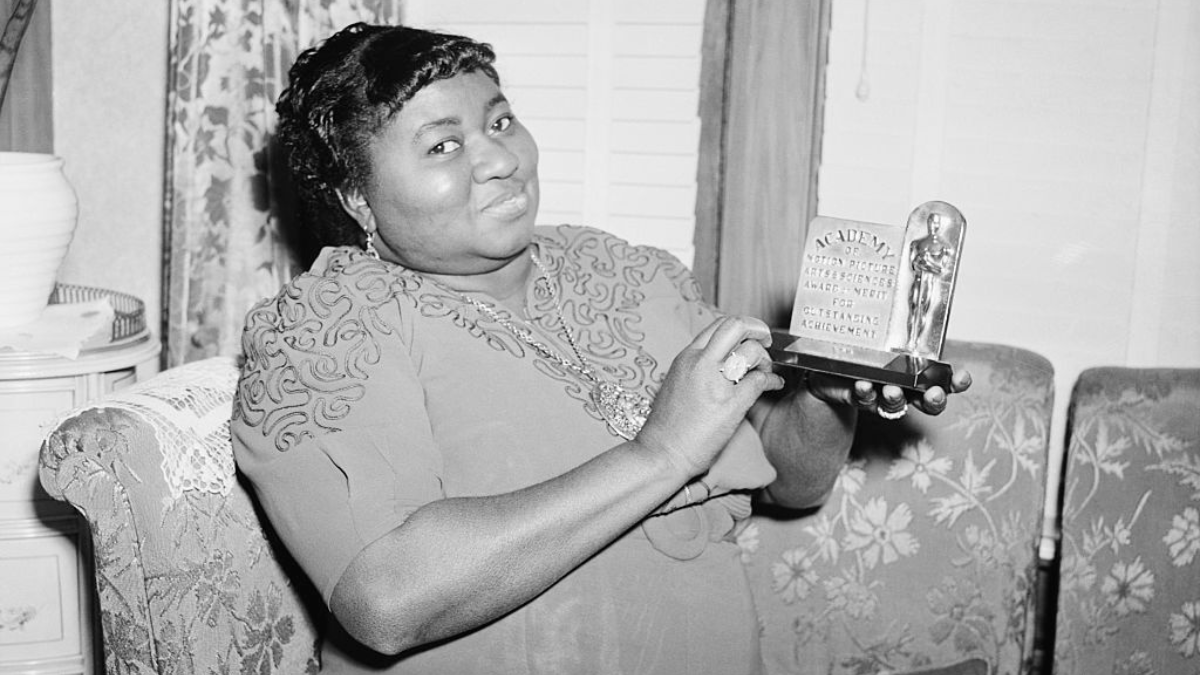
Hattie McDaniel made history in 1940 when she became the first African-American to win an Oscar. The actress, singer, and comedian earned the Best Supporting Actress for her role as Mammy in the classic film Gone with the Wind. McDaniel was given special invitation to attend the Oscars, as the ceremony was racially segregated at the time.
José Ferrer
José Ferrer, a Puerto Rican actor, became the first-ever actor of Latin-American descent to win an Academy Award. Ferrer won the Best Actor accolade for his titular role in Cyrano de Bergerac in 1950.
Anthony Quinn
Anthony Quinn, a Mexican-American actor, won two Academy Awards, just four years apart. Quinn’s first win came in the form of Best Supporting Actor in 1952 for Viva Zapata!, then again in 1956 for Lust for Life. Quinn was one of the first actors to win twice in one category.
Miyoshi Umeki
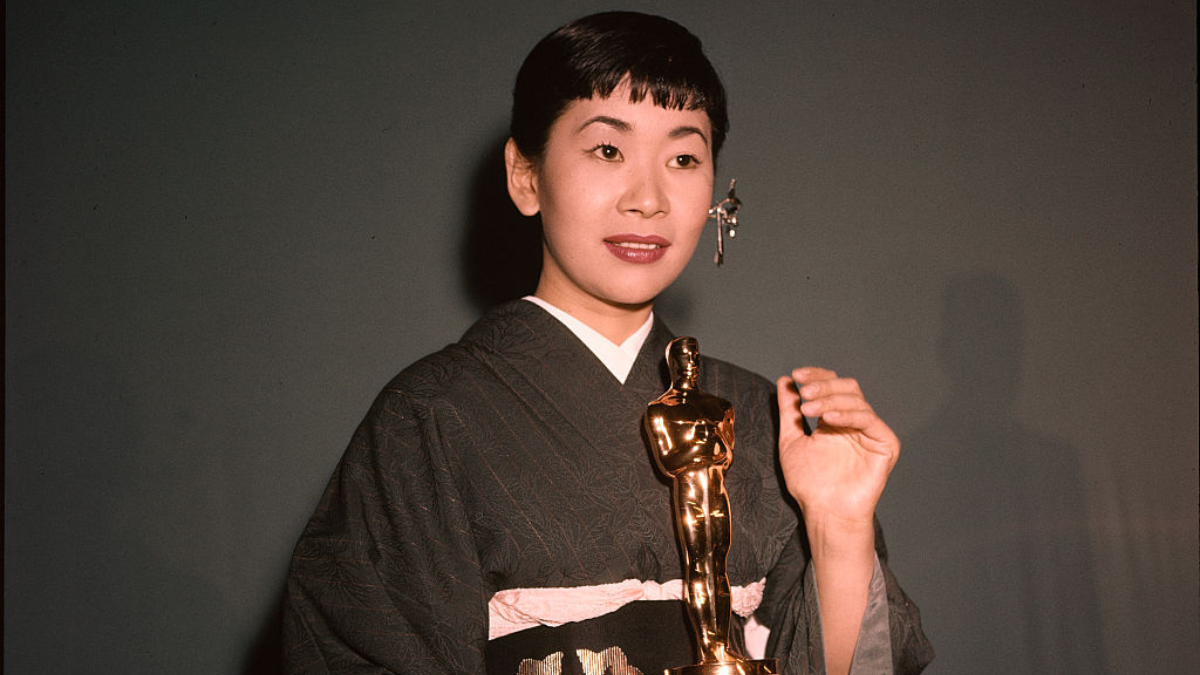
Japanese-American singer and actress Miyoshi Umeki became the first East Asian performer to win an Oscar for her role as the doomed wife in Sayonara (1957). She took home the Best Supporting Actress award in 1958.
Sidney Poitier
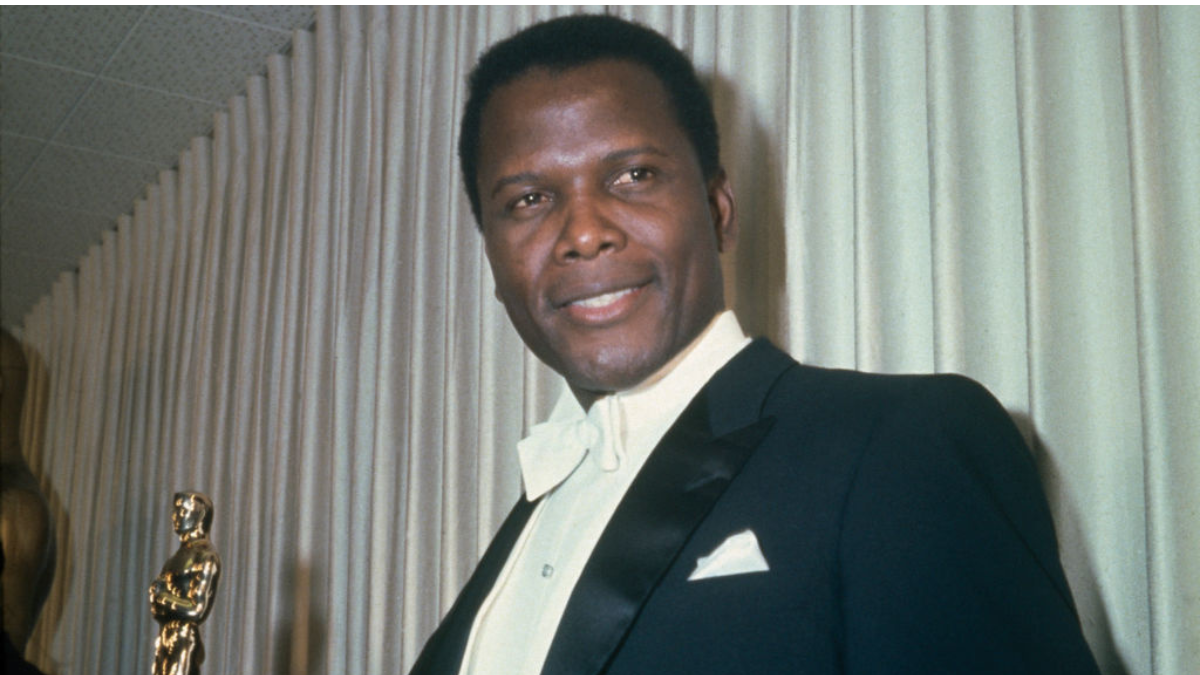
In 1958, trailblazing actor Sidney Poitier became the first male Black actor to be nominated for any acting Oscars for his performance in The Defiant One. Five years later, the thespian became the first Black man to take home the win for Best Actor at the 35th annual Academy Awards for his performance in Lilies Of The Field. In 2001, he won a second, honorary Oscar as a lifetime achievement nod.
Rita Moreno
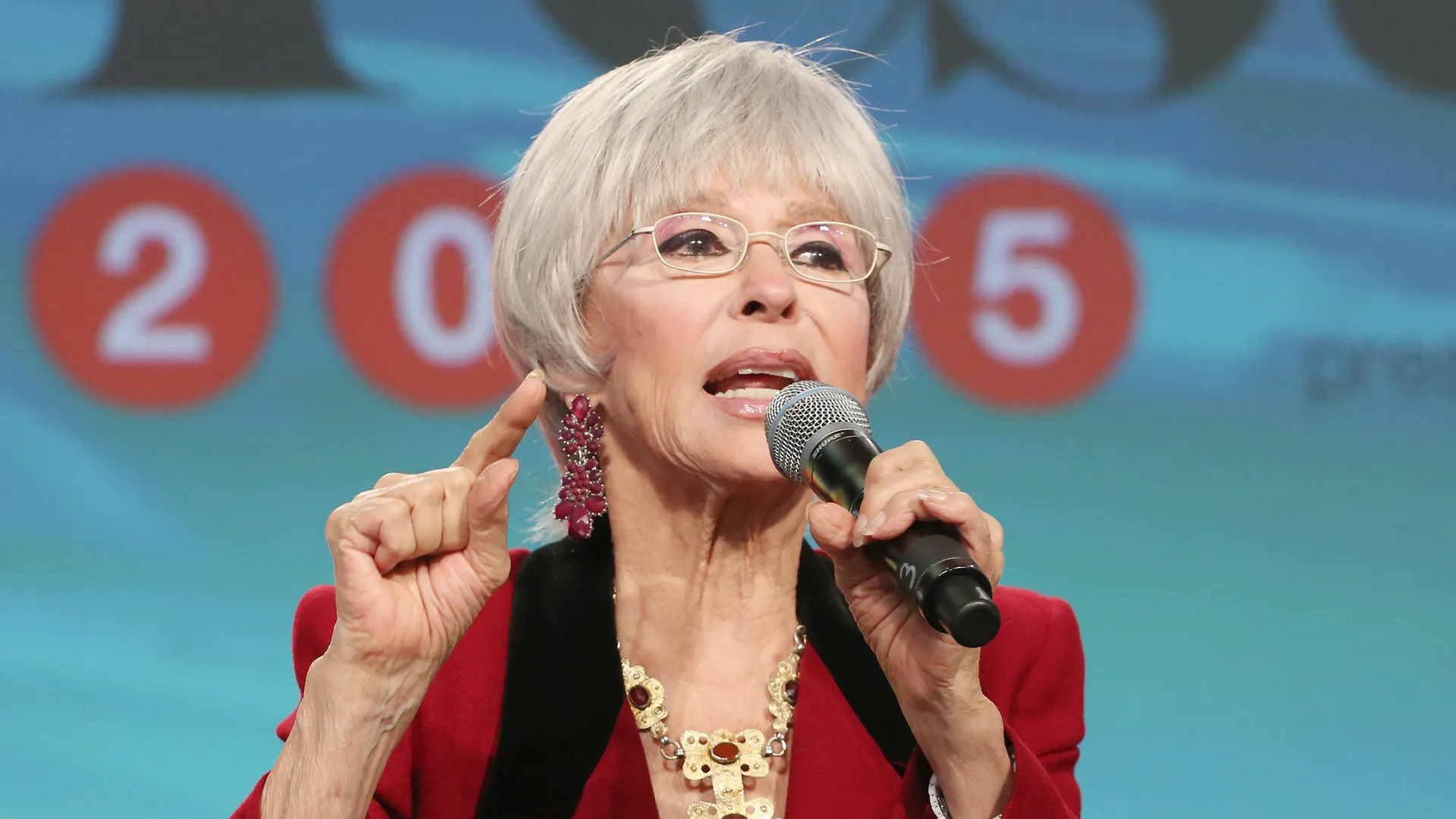
In 1962, Rita Moreno became the first Latina woman to win an Oscar ever for her role as Anita in the musical West Side Story. However, in more recent years, Moreno’s role has become subject to criticism over Moreno wearing makeup to darken her skin for the role, to appear more stereotypically Latina.
Sir Ben Kingsley

In 1983, English actor Sir Ben Kingsley won Best Actor for his performance as the title character in Gandhi. Although he has played many roles written specifically for white men throughout his career, the actor, whose birth name is Krishna Pandit Bhanji, is half-Indian Gujarati on his father’s side.
Haing S. Ngor
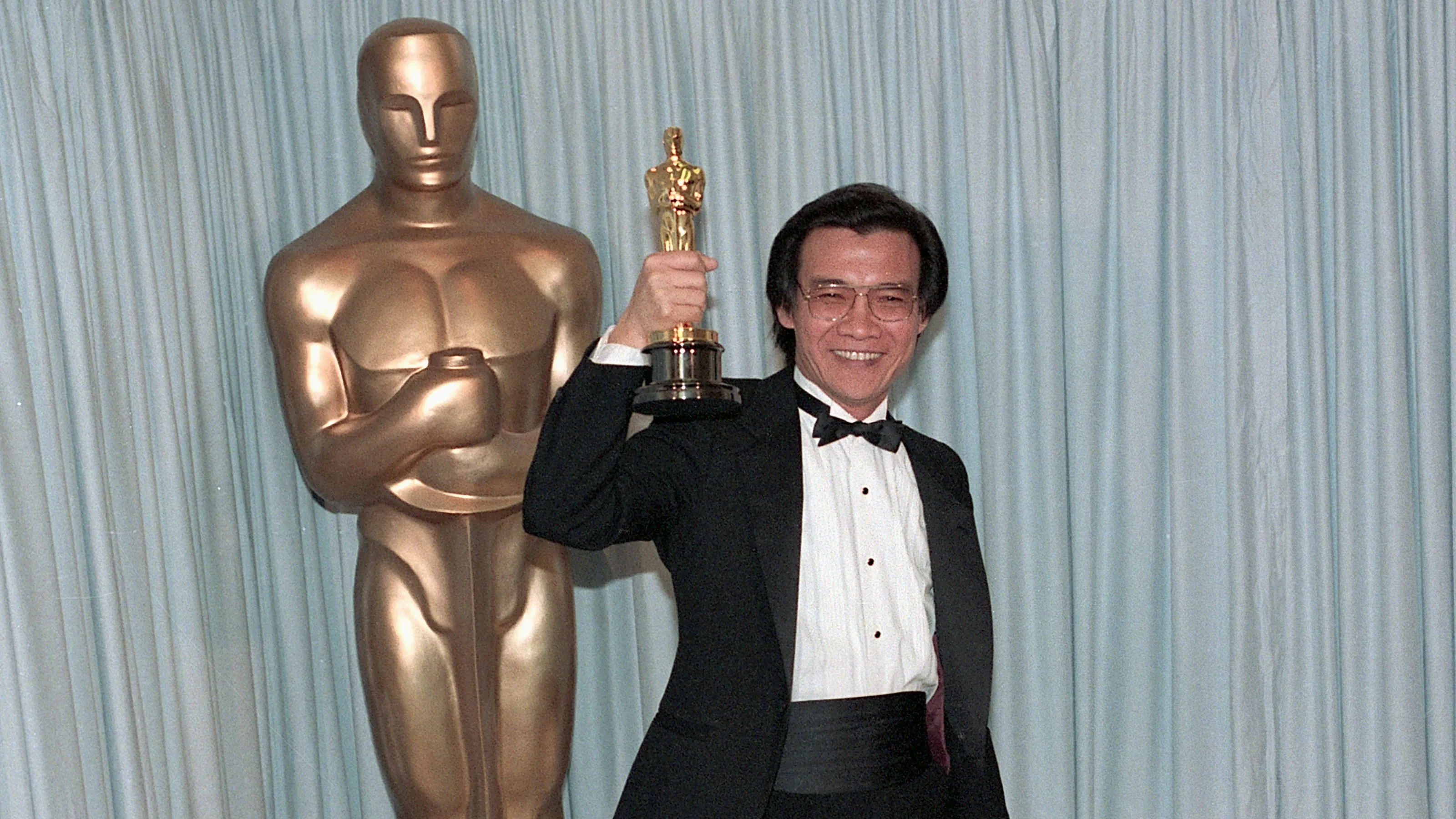
Cambodian actor, former doctor, and prison of war survivor Haing S. Ngor became the first Asian man to win Best Supporting Actor in 1985 for his role in The Killing Fields. His role in the controversial film, which depicted the Khmer Rouge regime in his home country, has been suspected of playing a role in the actor’s murder at the hands of a vigilante street gang in 1996.
Louis Gossett Jr.
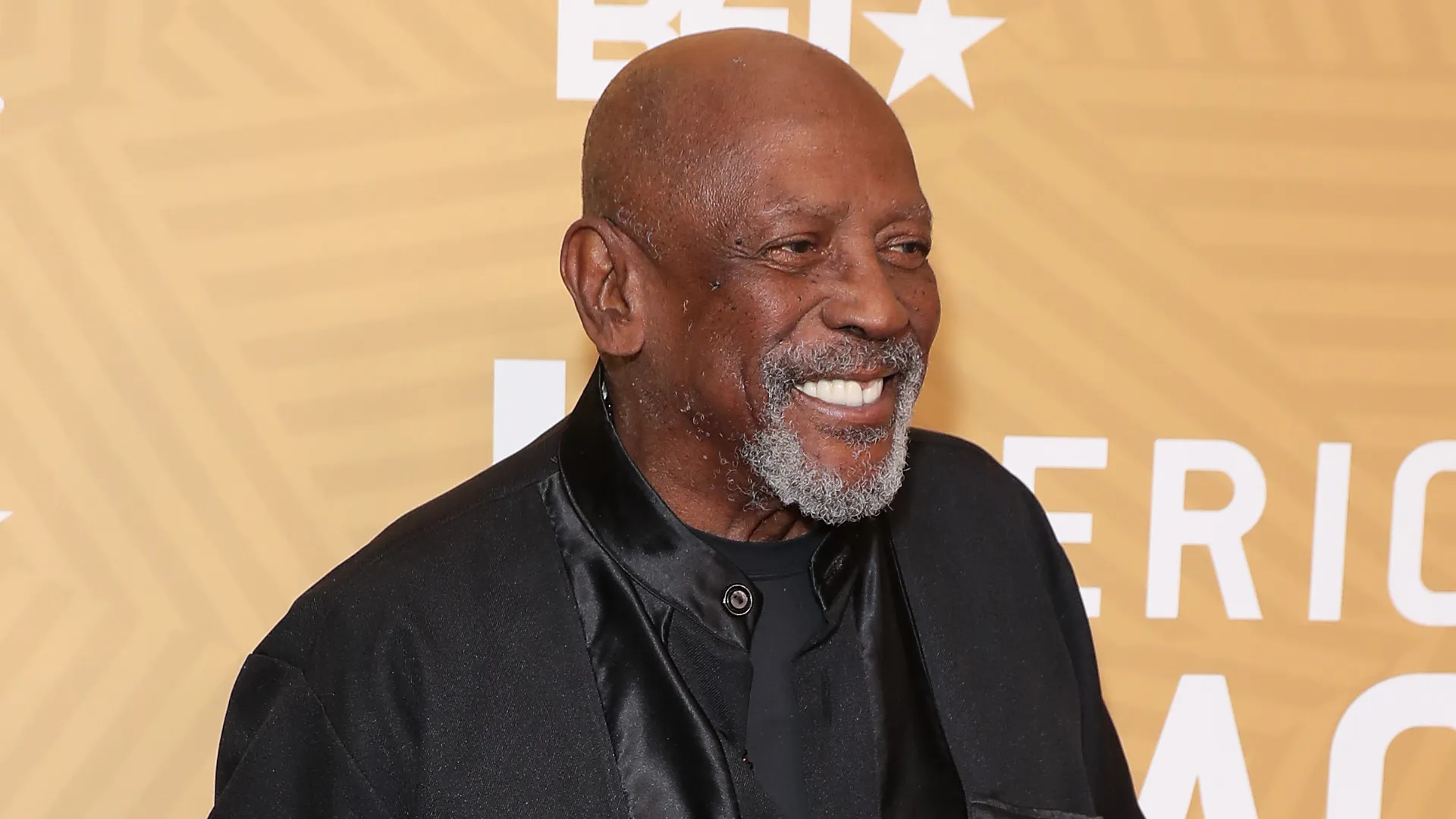
In 1982, actor Louis Gossett Jr. became the third Black person in history to win an Oscar as Sgt. Emil Foley in An Officer and a Gentleman. Gossett was the first black man to win an Oscar in the Best Supporting Actor category.
Denzel Washington
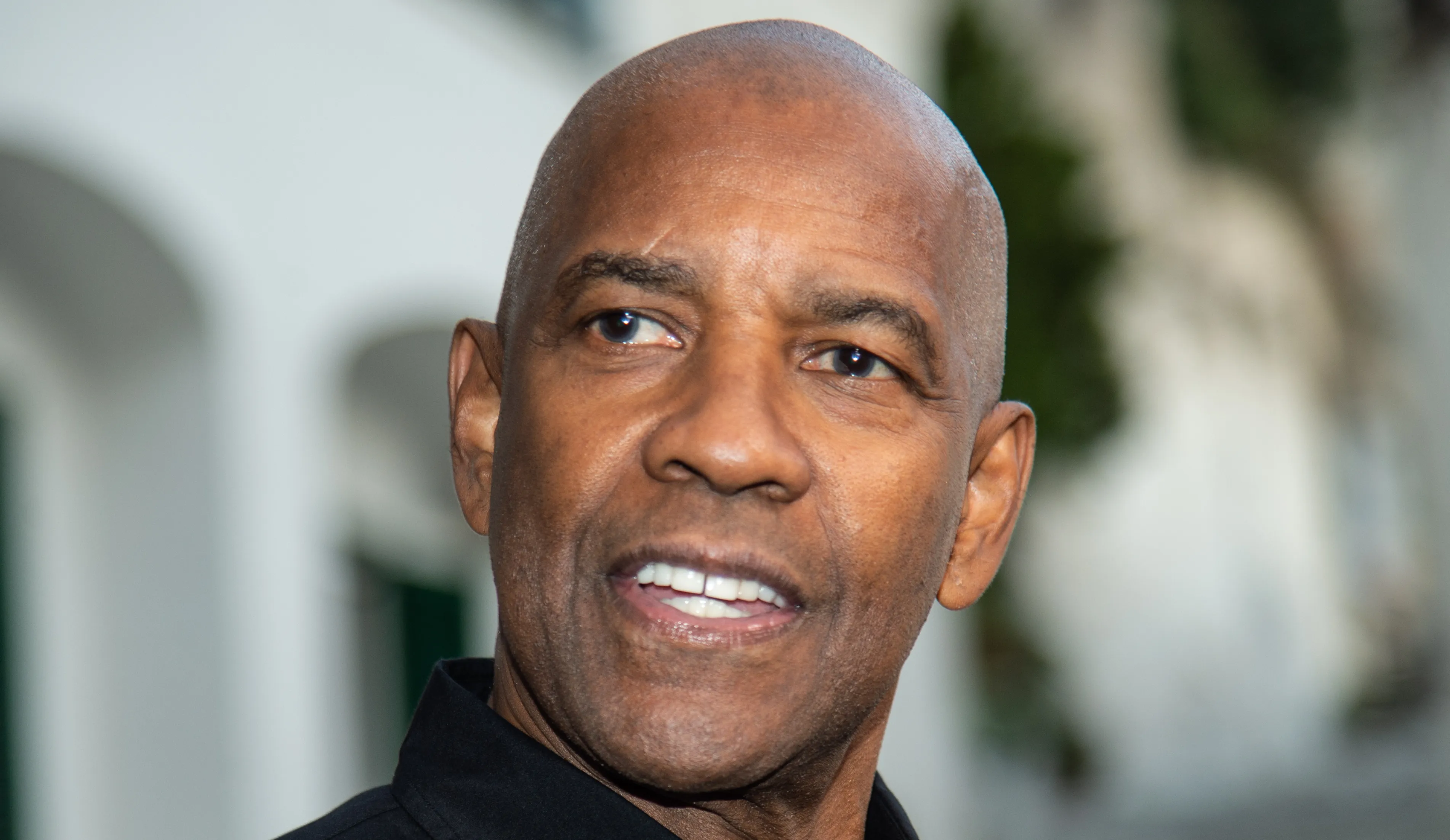
Renowned thespian Denzel Washington is the only Black male actor with multiple Oscar wins, with two, as of 2024. The Hollywood veteran earned his first trophy in 1990 for Best Supporting Actor for his role in Glory, and in the leading actor category in 2002 for Training Day.
Whoopi Goldberg
Actress, comedian, and TV host Whoopi Goldberg earned the prize for Best Supporting Actress for her performance as a psychic who helps out a dead man in the 1990 classic film Ghost. Goldberg is the first black woman to win the entire EGOT (Emmy, Grammy, Oscar, Tony) acronym.
Cuba Gooding Jr.
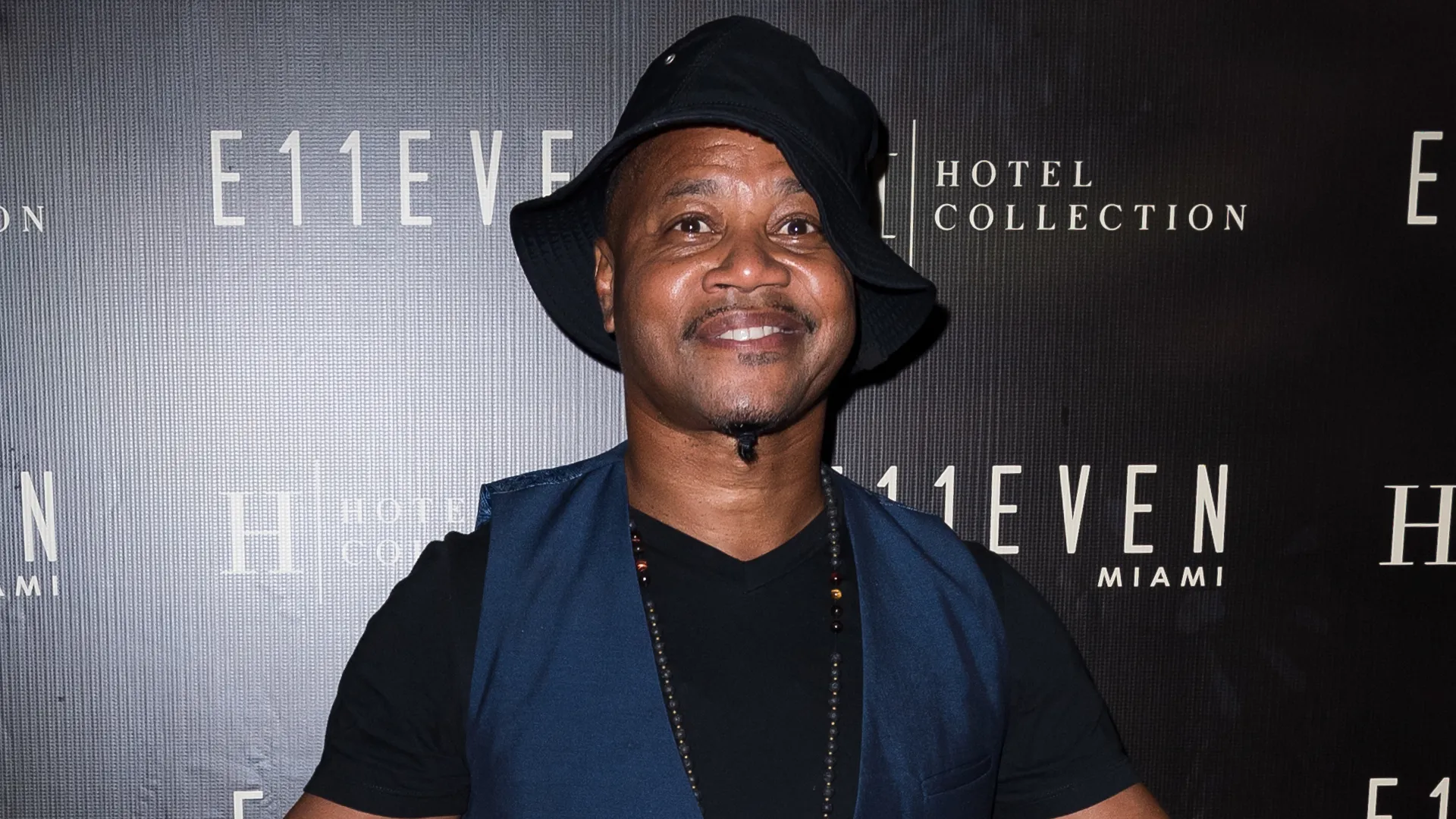
Actor Cuba Gooding Jr. won Best Supporting Actor in 1996 for his role in the sports film Jerry Maguire. Gooding’s character’s line, “Show me the money!” is one of the most-quoted movie lines in pop culture.
Benicio del Toro
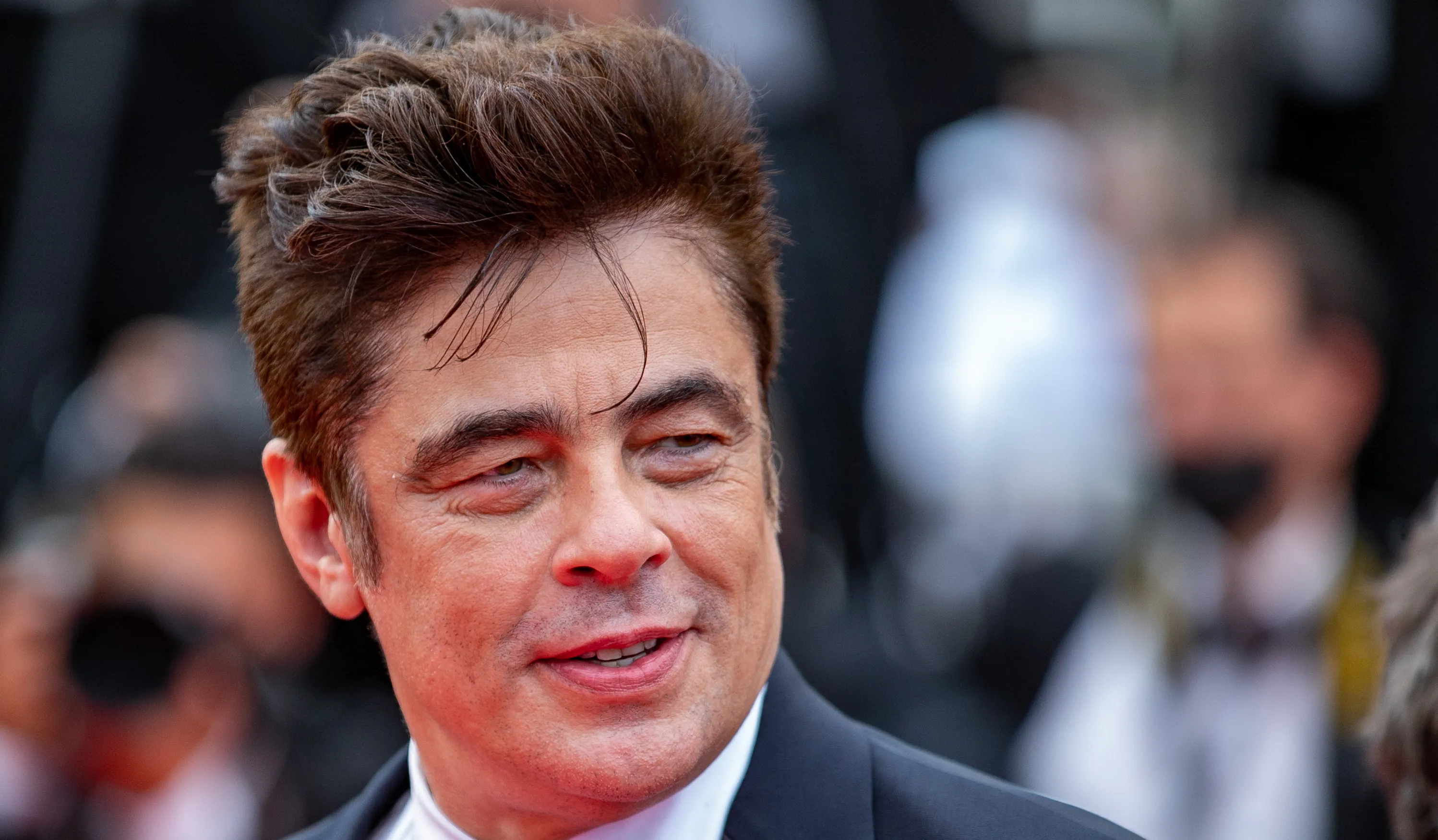
Puerto Rican actor Benicio Del Toro earned his first Oscar nomination and won the Best Supporting Actor award in 2000 for his contribution as a bilingual cop in the film Traffic. Del Toro was one of the first actors to win an Oscar for a role in a language other than English.
Halle Berry

In 2002, Halle Berry became the first Black woman to win Best Actress for her performance in Monster’s Ball in her role as Leticia Musgrove. As of 2024, Berry remains the only Black woman to win in this category. Berry later parodied her famous acceptance speech when she won the Golden Raspberry award in 2004 for Catwoman, even bringing her Oscar statue to the ceremony.
Morgan Freeman
After earning several nominations throughout his career, Morgan Freeman’s moment of celebration came in 2004 when he won his first award for Best Supporting Actor for his performance in the Clint Eastwood-directed boxing film Million Dollar Baby.
Jamie Foxx
Jamie Foxx’s portrayal of the legendary R&B singer Ray Charles in Taylor Hackford’s directed biopic Ray earned Foxx the Best Actor award in 2004. The same year as his win, the musician/actor was also nominated in the Best Supporting Actor category for the movie Collateral.
Forest Whitaker
In 2007, Forest Whitaker’s captivating performance as Ugandan president Idi Amin earned him the Best Actor award for The Last King of Scotland. He beat out several talented stars, including Leonardo DiCaprio, Ryan Gosling, Peter O’Toole, and Will Smith.
Jennifer Hudson
Jennifer Hudson sang her way to an Oscars win in 2006 for her portrayal of Effie White in the film adaptation of Dreamgirls, winning Best Supporting Actress. She is also the youngest woman, as well as the second Black woman, to complete an EGOT.
Mo’Nique
Mo’Nique’s transition from comedy to film proved worth it when she took home the win for Best Supporting Actress in 2010 for her performance in Lee Daniels’s Precious. During her acceptance speech, she dedicated the award to Hattie McDaniel, the first Black woman to ever win an Academy Award, also in the Best Supporting Actress Category.
Ariana DeBose
In 2022, Ariana DeBose earned a win for Best Supporting Actress, making her the first Afro-Latina actress and openly queer woman of color to win an Oscar for acting. DeBose won for the role of Anita in Steven Spielberg’s 2021 remake of West Side Story, the same role Rita Moreno won her Oscar for, back in 1962.
Octavia Spencer
In 2012, actress Octavia Spencer earned her first nomination and won after taking home the Oscar for Best Supporting Actress for her role as Minny Jackson in the 2011 period drama The Help.
Lupita Nyong’o
Kenyan-Mexican actress Lupita Nyong’o earned the title of Best Supporting Actress at the 86th annual Academy Awards for her role as Patsey in the 2013 Steve McQueen-directed film 12 Years a Slave.
Viola Davis
Viola Davis earned the Best Supporting Actress Oscar in 2017 for her performance as Rose Lee Maxson in the Denzel Washington-directed film Fences. In 2023, Davis completed the EGOT, having won the Emmy, Grammy, and Tony in 2015, 2023, and 2017, respectively.
Mahershala Ali
California-born actor Mahershala Ali won the Best Supporting Actor award in 2017 for Moonlight, then again in 2019 in the same category for his role as Don Shirley in the biographical drama Green Book. Ali is also the first Muslim man to win an Oscar.
Regina King
Regina King took home Best Supporting Actress for her part as Sharon Rivers in Barry Jenkins’ 2018 drama If Beale Street Could Talk, an adaptation of the James Baldwin novel of the same name.
Rami Malek
Egyptian actor Rami Malek won Best Actor at the 91st annual Oscars for his role as legendary musician Freddie Mercury in the biographical musical drama Bohemian Rhapsody.
Daniel Kaluuya
British actor Daniel Kaluuya took home Best Supporting Actor in 2020 for his role as Black Panther Party leader Fred Hampton in the film Judas and the Black Messiah, beating out several talented stars, including fellow co-star Lakeith Stanfield as FBI informant William “Bill” O’Neal. Kaluuya is the first Black British actor to win an Academy Award.
Youn Yuh-Jung
Veteran actress Youn Yuh-Jung won Best Supporting Actress for her role in the drama Minari in 2020. The Korean actress has been working in movies since the mid-1960s.
Will Smith
Musician, actor, and all-around jack-of-all-trades Will Smith won Best Actor at the 2022 Oscars for his performance in King Richard, but the infamous slapping of Chris Rock at the ceremony overshadowed the win for many critics, and saw the actor be banned from attending the awards for the next ten years.
Michelle Yeoh
In 2023 Malaysian-born actress Michelle Yeoh became the first Asian-identifying actress and second woman of color to win the award for Best Actress for her performance in the science fiction film Everything Everywhere All at Once. She is also the first Malaysian to win an Oscar in any category. Merle Oberon was the first Asian woman to win Best Actress overall, but kept her South Asian heritage secret for much of her career due to industry racism.
Ke Huy Quan
Former child actor Ke Huy Quan took home the win for Best Supporting Actor in 2023 for his contributions to the critically acclaimed film Everything Everywhere All at Once. Prior to his win, Quan had been absent from acting for almost twenty years, and had been open about his struggle to find work as an Asian actor and former child star.
Da’Vine Joy Randolph
Da’Vine Joy Randolph is the most recent Person of Color to win an Academy Award, winning in 2024 for her role as Mary Lamb in The Holdovers (2023). During her speech, Randolph expressed her hope she would win another Oscar, citing the difficulty non-white Oscar Winners have in finding work, even after winning Hollywood’s most prestigious award.

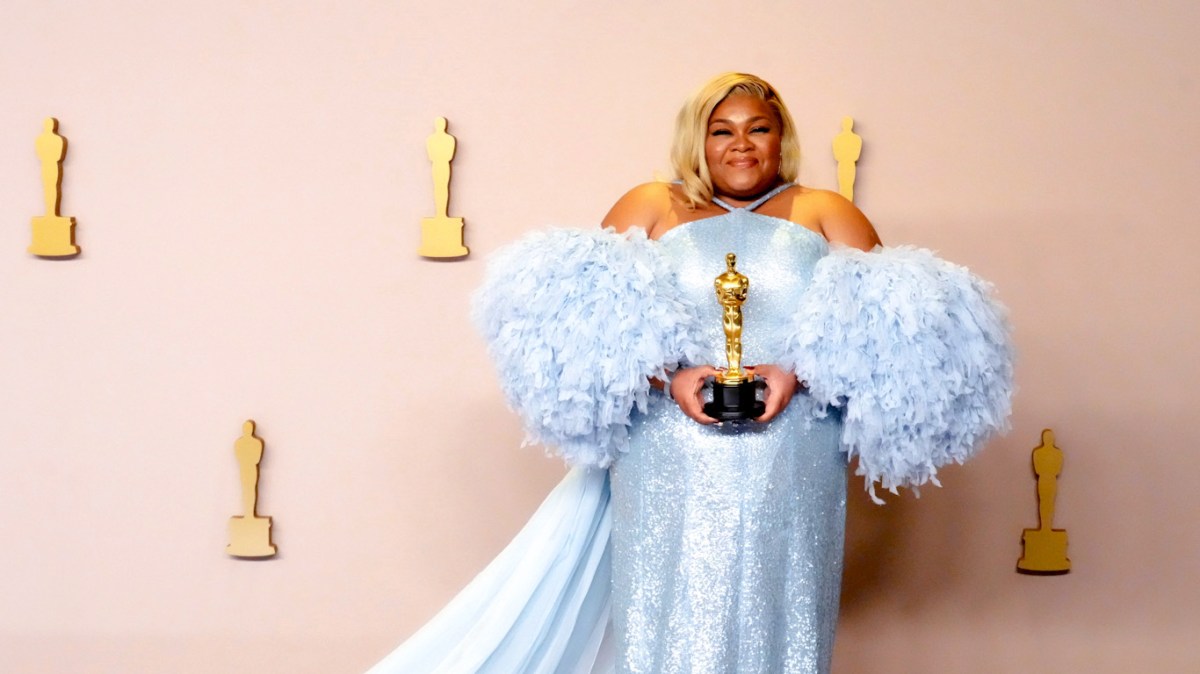
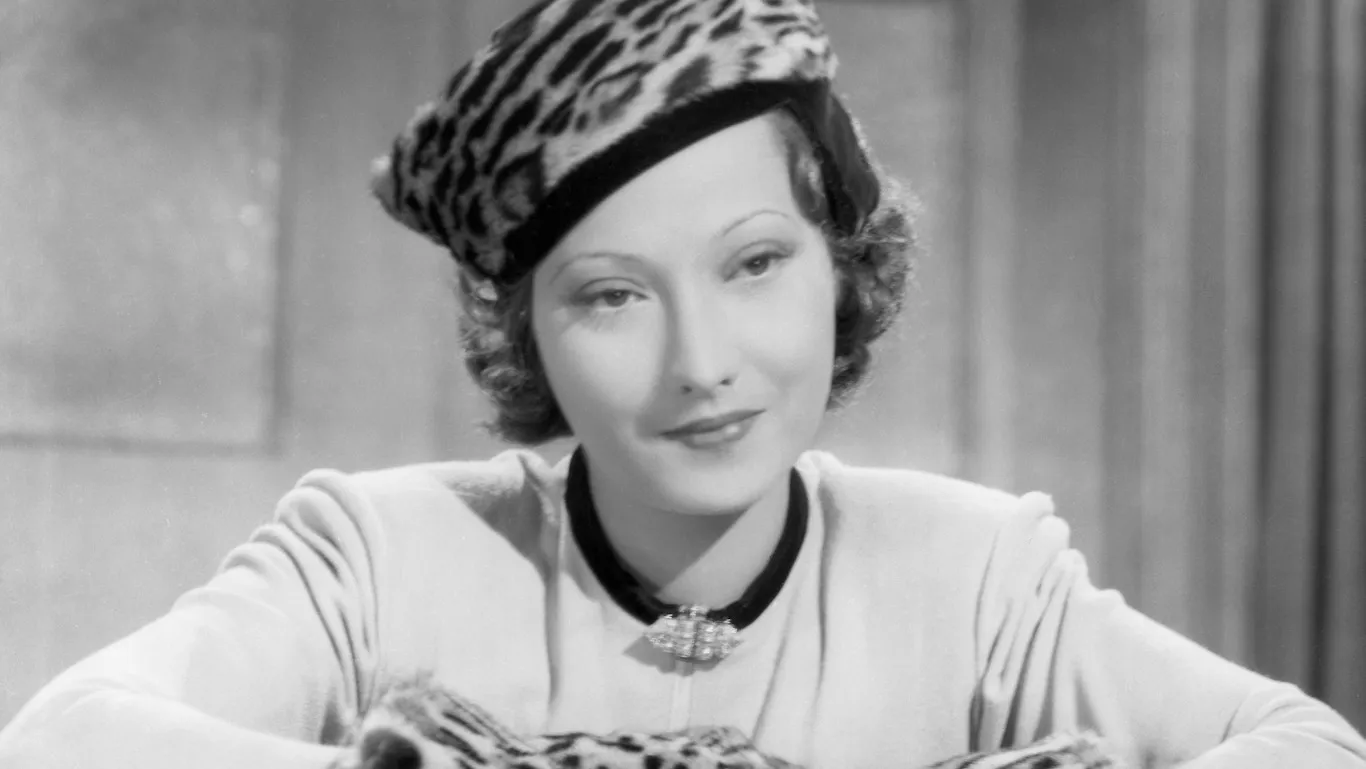
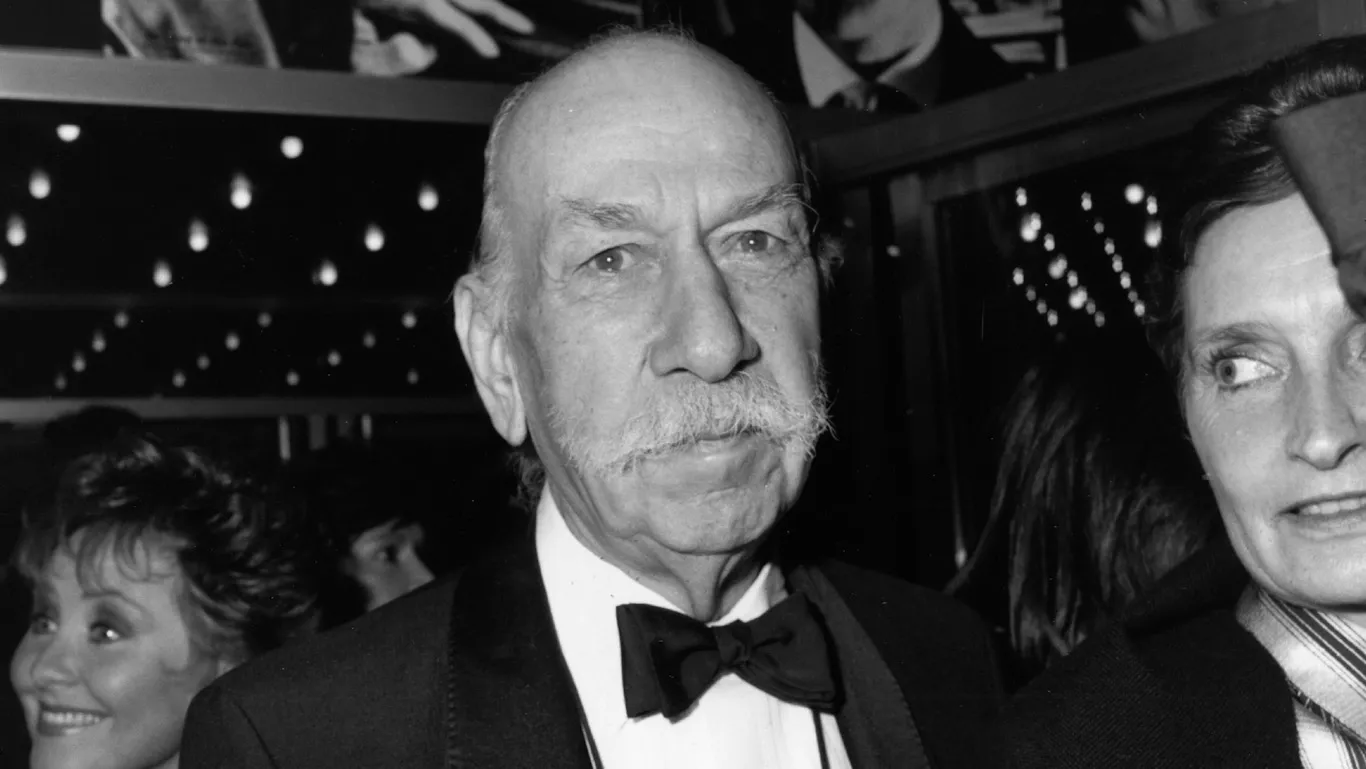
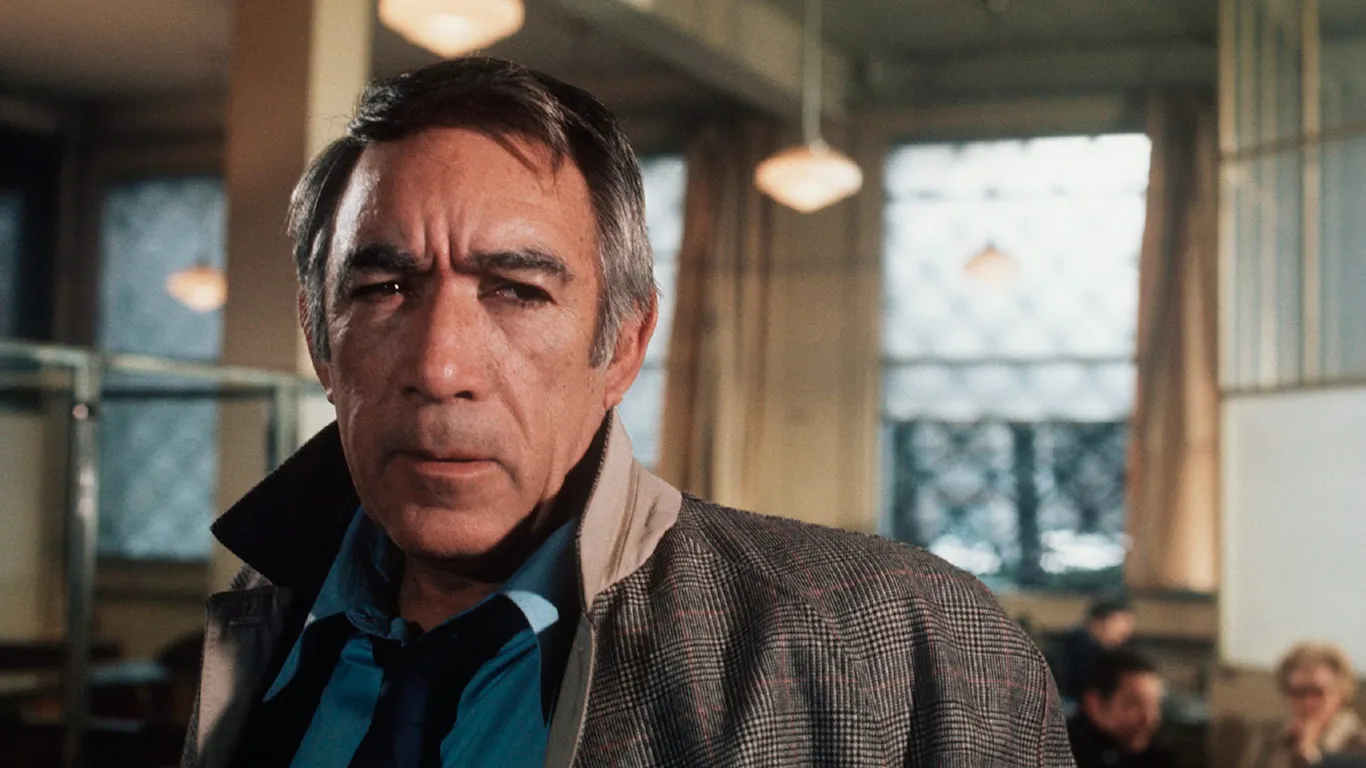
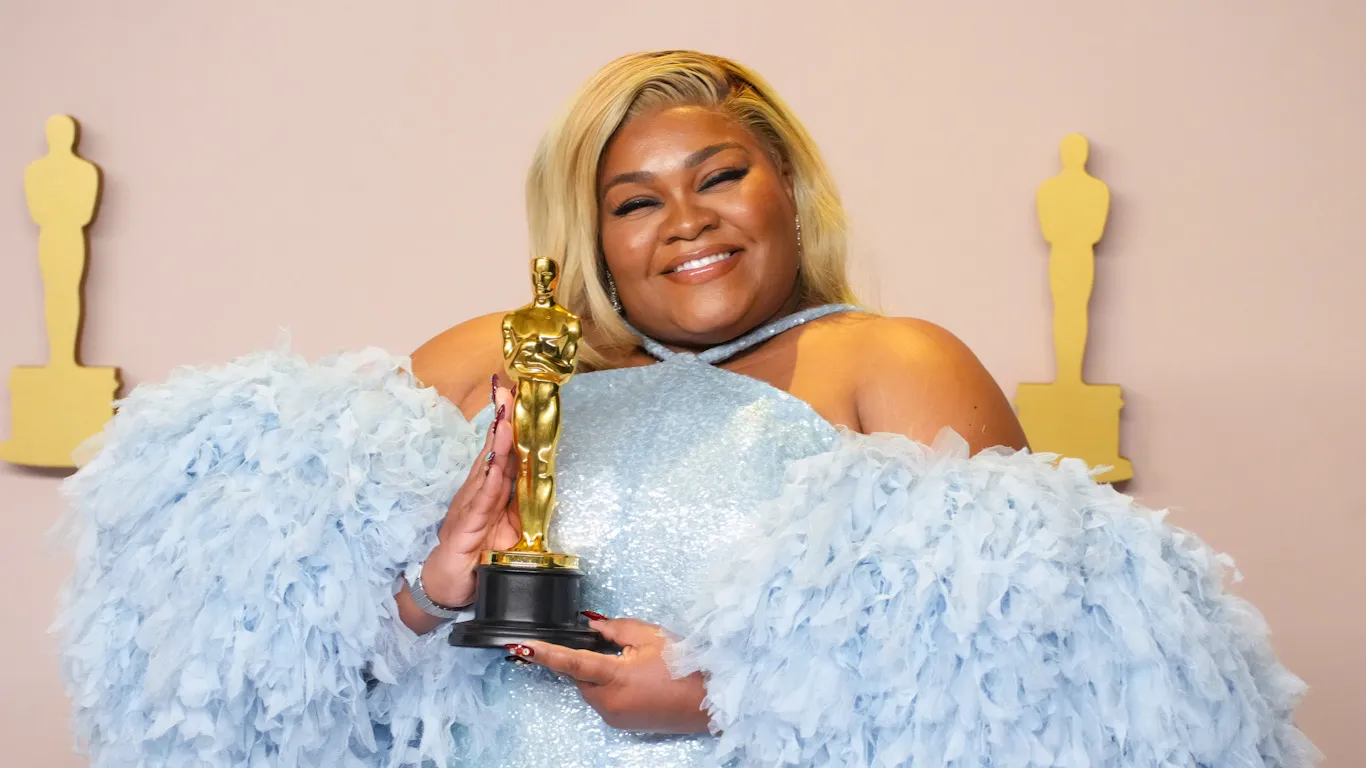
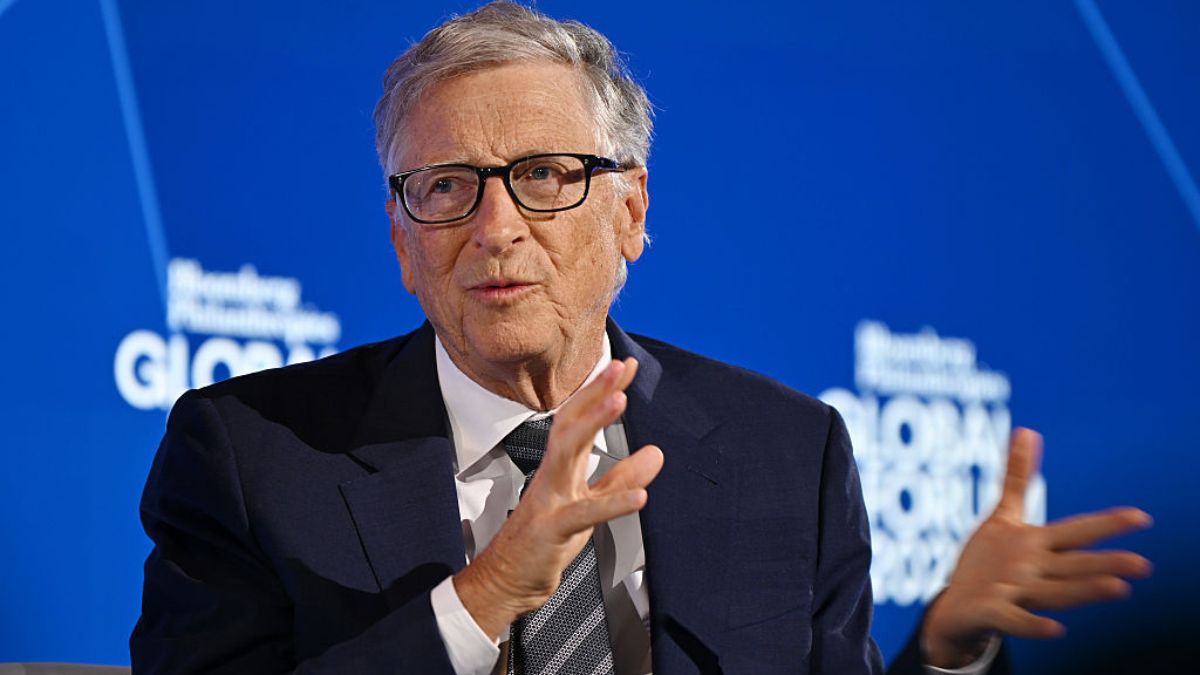
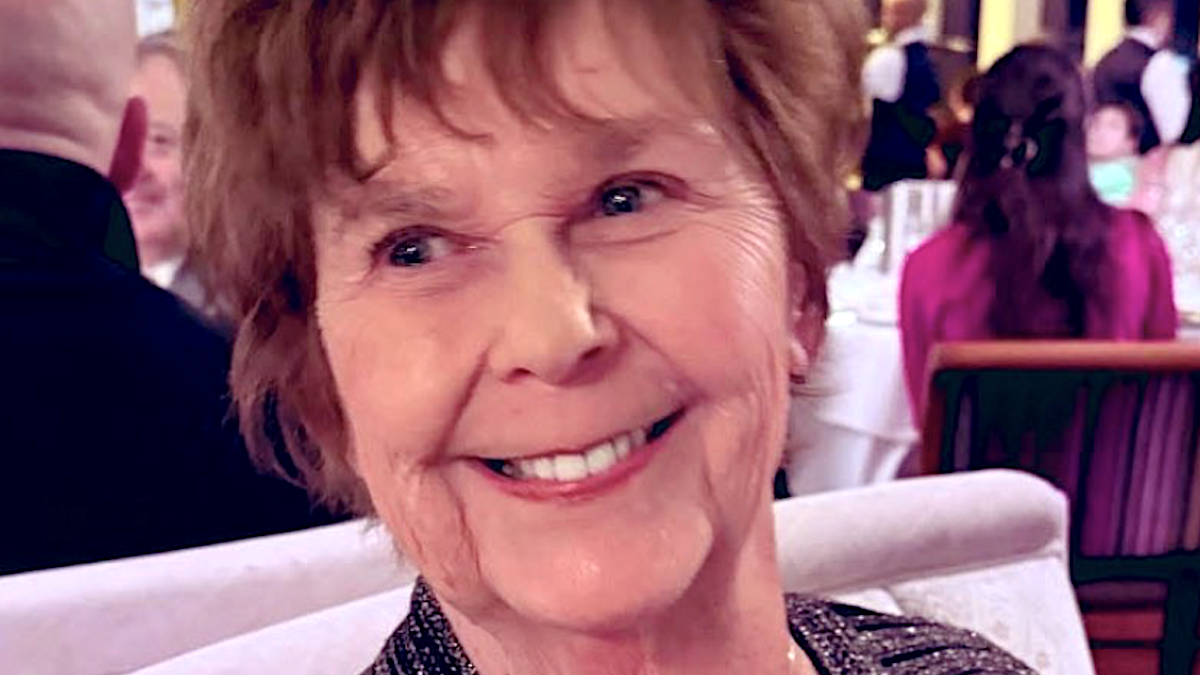
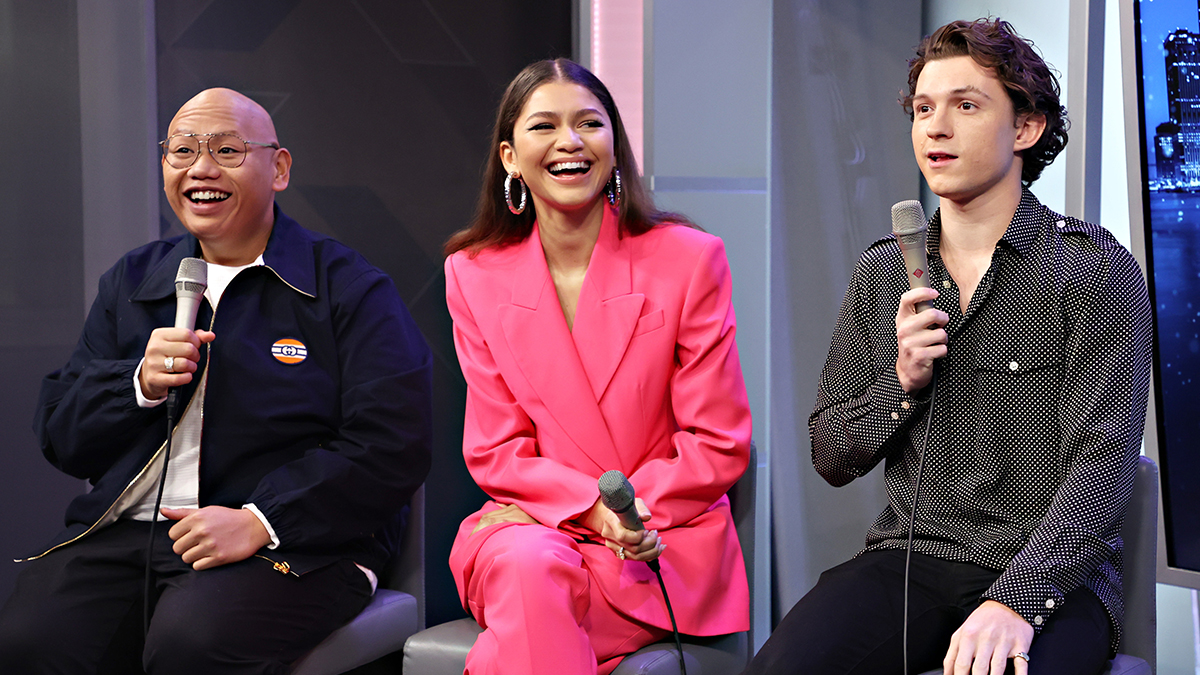

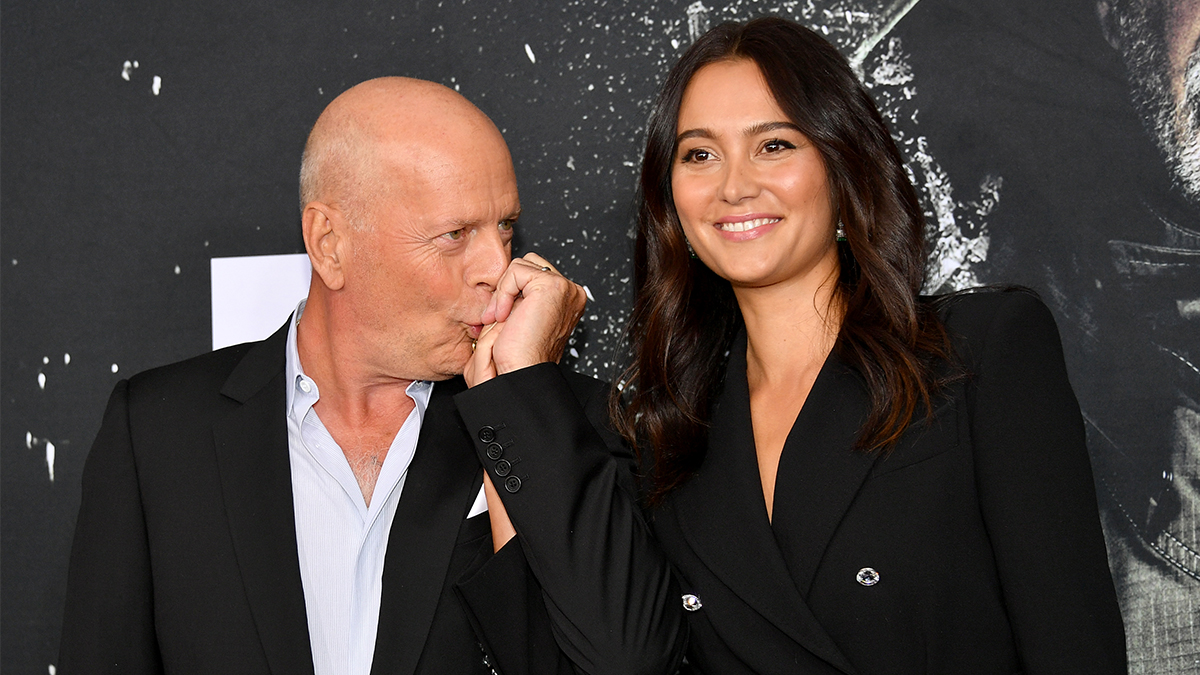

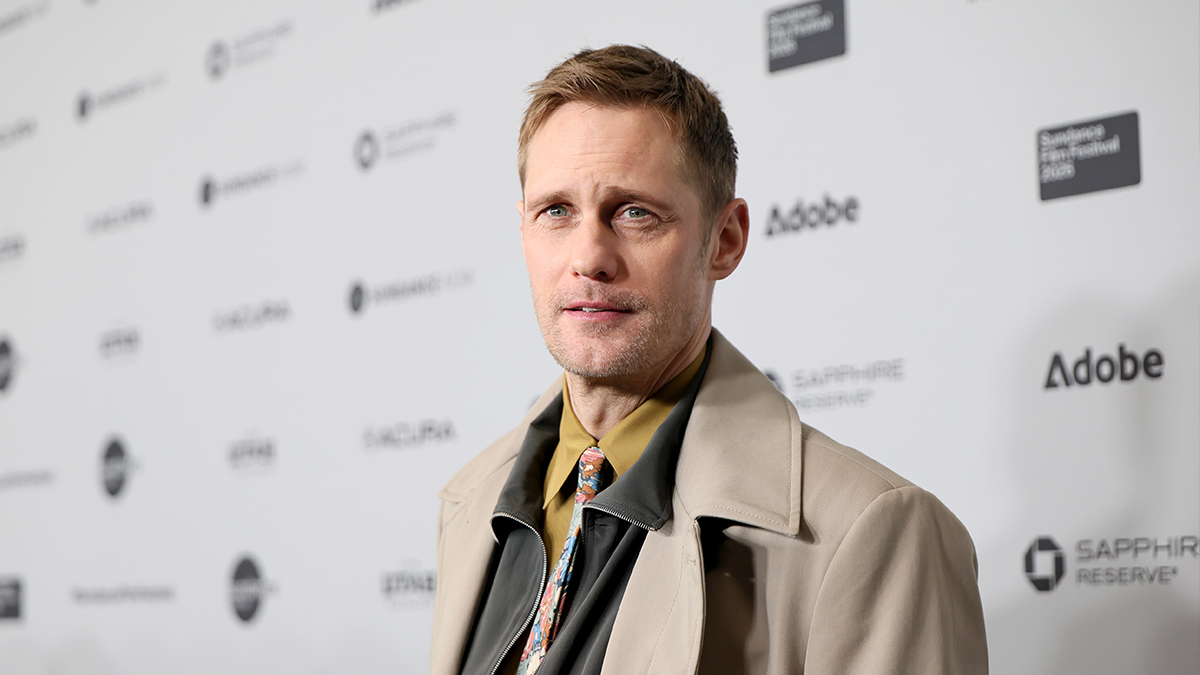
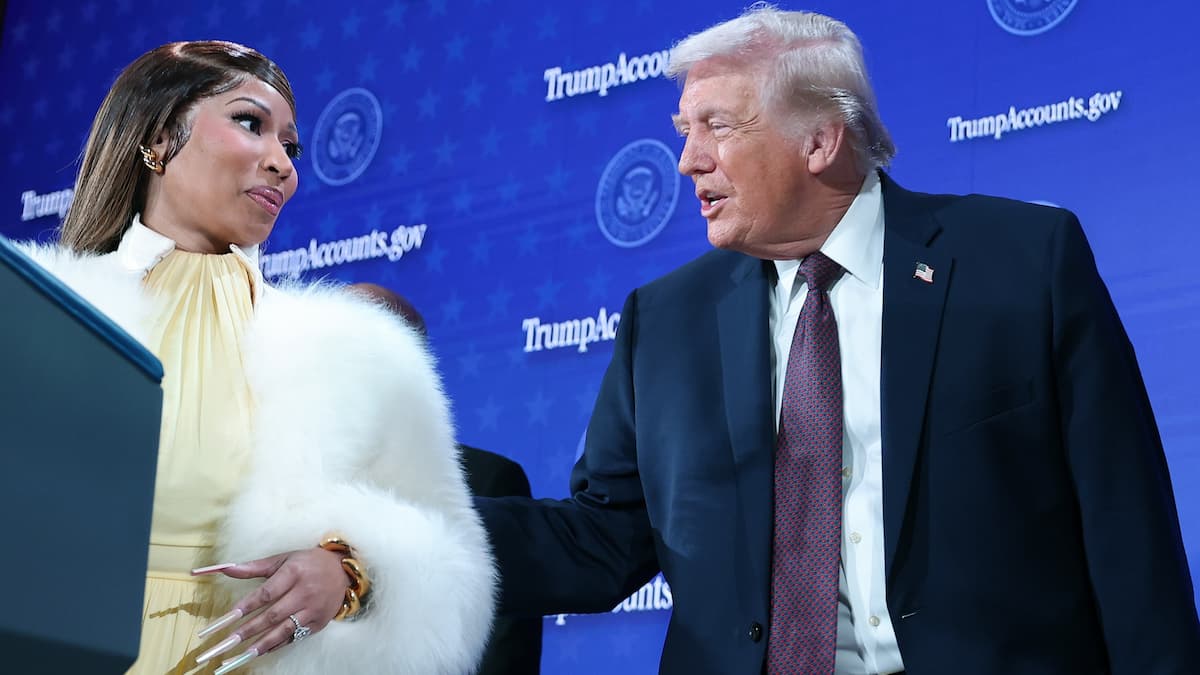

Published: Mar 13, 2024 06:58 pm